Ranked among Top Schools Of Uttarakhand
(Day & Residential)
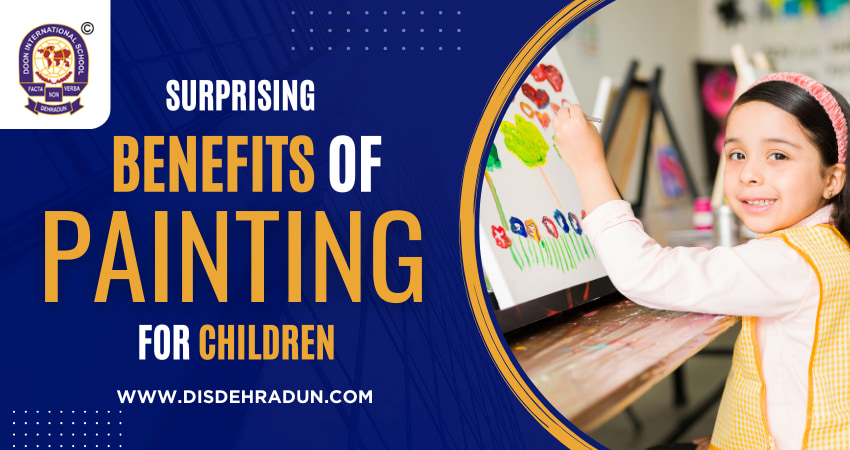
As a matter of education, fostering creativity in children is an invaluable endeavor. As parents and educators seek avenues to nurture young minds, exploring activities like painting emerges as a powerful tool for holistic development. In this blog post, we will delve into the surprising benefits of painting for children and how this artistic pursuit is embraced in the context of the best school in Dehradun and the best residential schools in India.
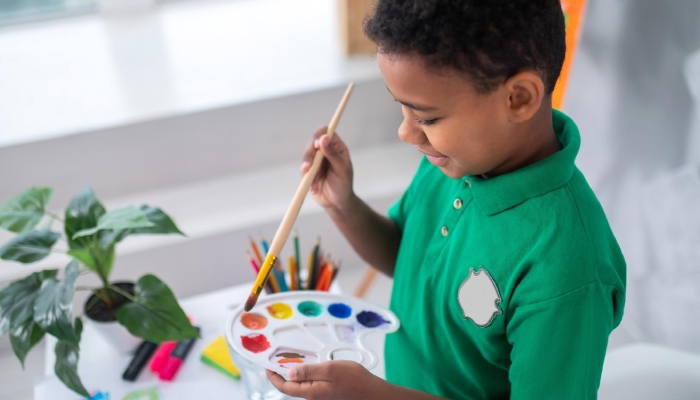
Imagination is not just about artistic presentation; it’s a fundamental skill that influences cognitive development, problem-solving abilities, and emotional well-being. Painting, as a creative outlet, offers children a platform to explore, experiment, and communicate in ways that go beyond traditional learning methods.
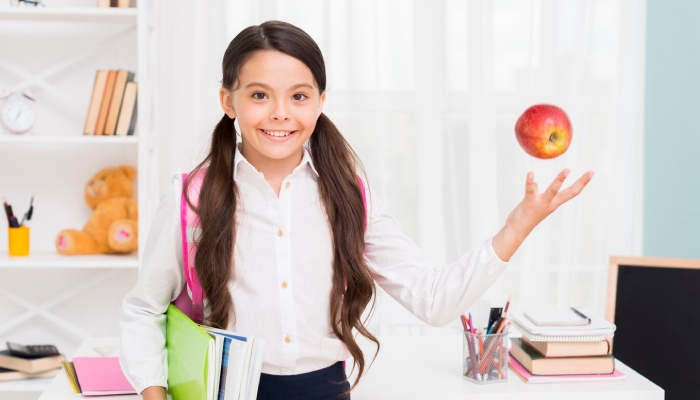
In Dehradun, renowned for its educational institutions, the best schools comprehend the significance of a well-rounded education that goes beyond textbooks. They integrate creative pursuits like painting into their curriculum, recognizing the transformative impact on a child’s overall development.
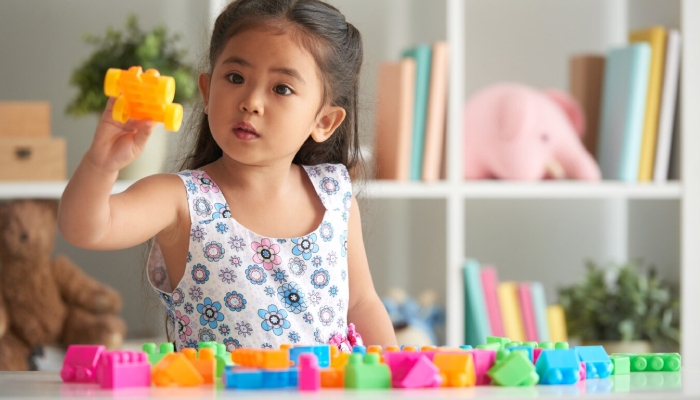
Engaging in painting activities stimulates various cognitive functions in children. From decision-making on color choices to planning the composition of their artwork, children are constantly exercising their brains. This not only improves their vital thinking skills but also encourages problem-solving and spatial awareness.
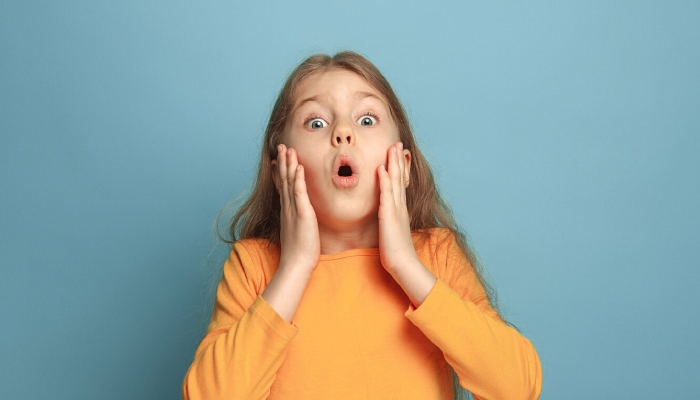
Art provides a non-verbal medium for emotional expression. Children, especially those attending the best residential schools in India, often find solace in the act of painting. It allows them to express emotions, both positive and negative, in a constructive manner. This emotional release contributes to improved mental well-being and helps children better understand and manage their feelings.
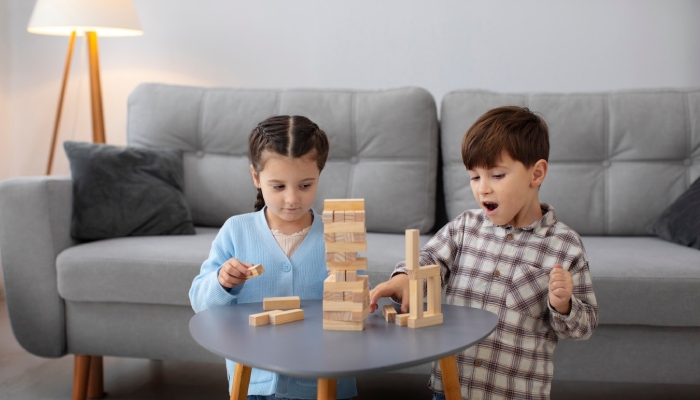
Completing an artwork, whether a simple drawing or a difficult painting, infuses a feeling of achievement in children. The process of conceptualizing an idea, translating it onto paper, and witnessing the finished product boosts their confidence. This newfound self-assurance transcends into other aspects of their lives, positively impacting their academic and social endeavors.
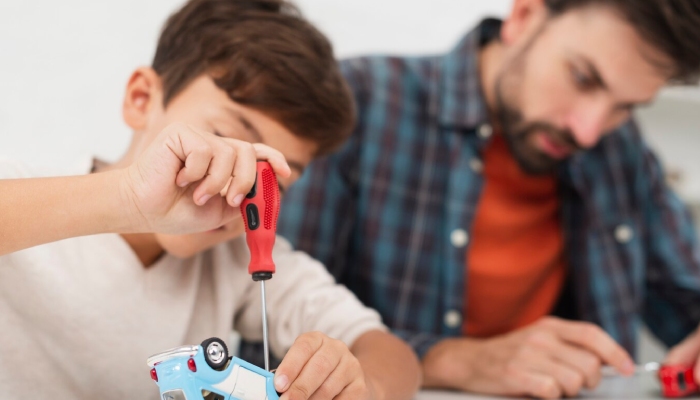
Painting involves intricate hand movements, precision, and coordination. As children manipulate brushes, mix colors, and control strokes, they are honing their fine motor skills. This is particularly beneficial for younger children in the early stages of physical development.
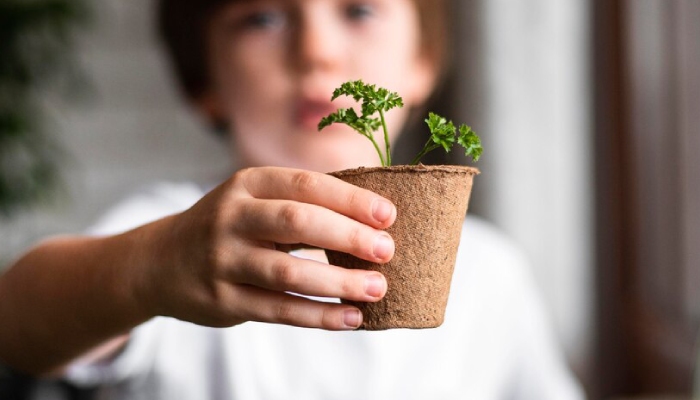
Creating a painting requires patience and perseverance. The layering of colors, waiting for paint to dry, and meticulous detailing teach children the value of patience. This skill is transferable to different sites of their lives, contributing to improved focus and resilience.
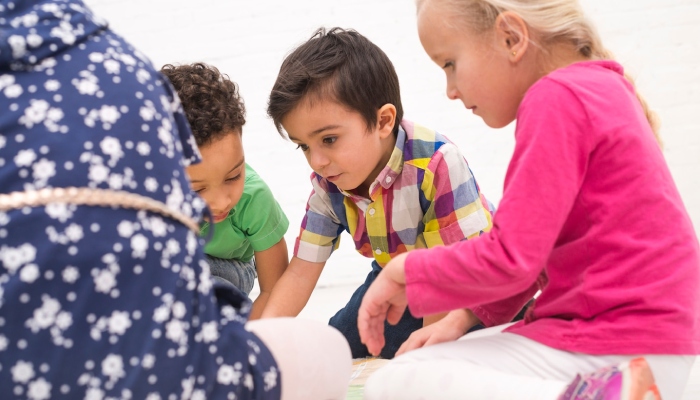
In the best residential schools in India, where a diverse community of students interacts daily, painting serves as a communal activity. Collaborative art projects promote teamwork, communication, and the sharing of ideas. This not only improves social aptitudes but also encourages a sense of community and unity among students.
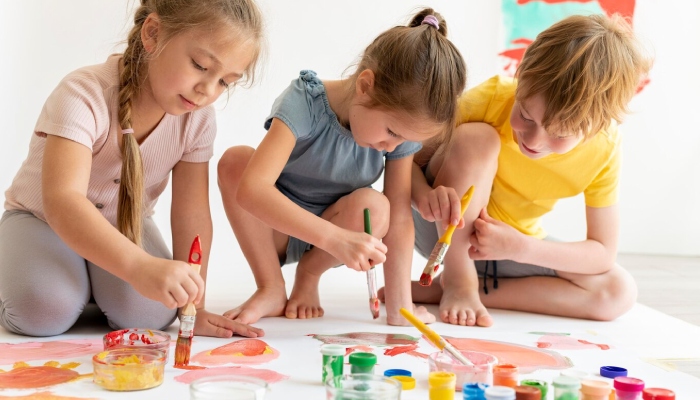
Exposure to painting introduces children to the world of art and culture. They develop an appreciation for various artistic styles, learn about favorite artists, and gain wisdom in different historical periods. This exposure broadens their horizons and nurtures a lifelong interest in the arts.
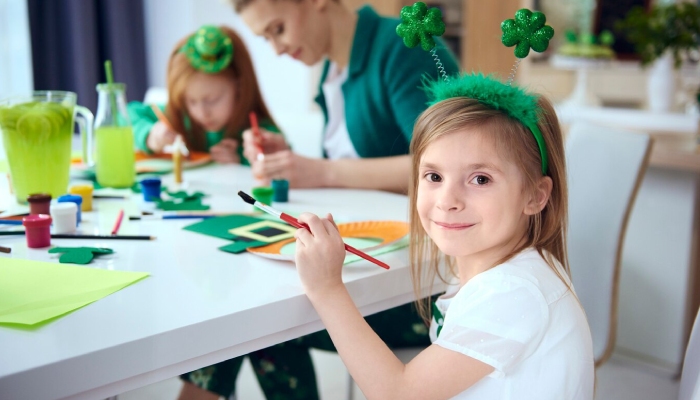
The best school in Dehradun embraces a holistic approach to education, integrating painting into its curriculum seamlessly. Art classes are designed to complement academic subjects, creating a balanced and enriching learning experience. This approach aligns with the belief that a well-rounded education encompasses both academic and creative pursuits.
The surprising benefits of painting for children extend far beyond the canvas. In the nurturing environment of the best school in Dehradun and the best residential schools in India, painting serves as a catalyst for holistic development. It enhances cognitive functions, fosters emotional expression, builds confidence, refines motor skills, cultivates patience, and promotes social skills.
By integrating painting into education, these schools empower students with a tool for self-expression and personal growth. As parents and educators, recognizing the transformative power of painting allows us to unlock the full potential of every child, fostering a generation of creative and confident individuals.